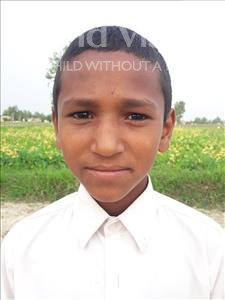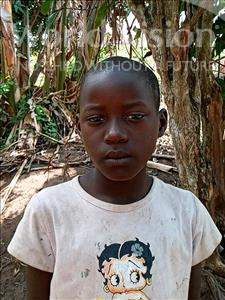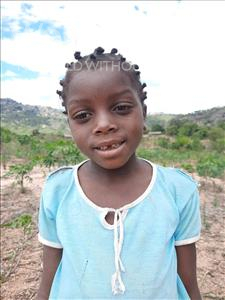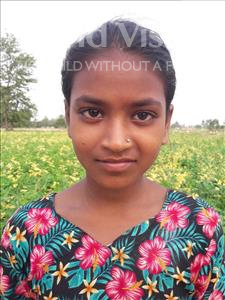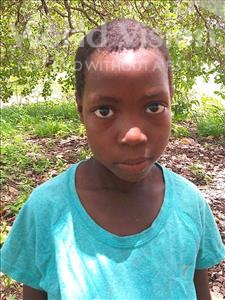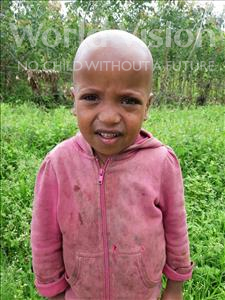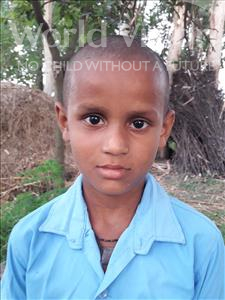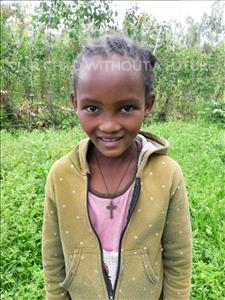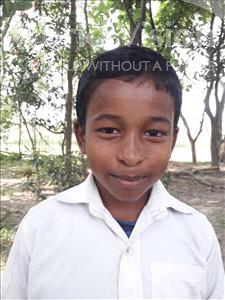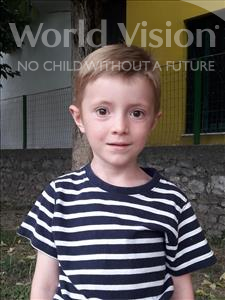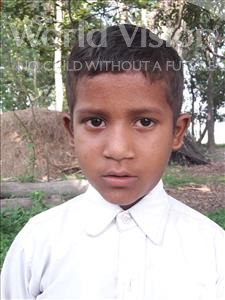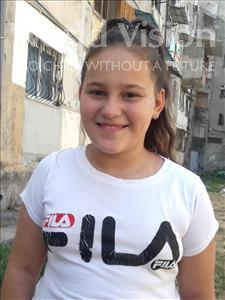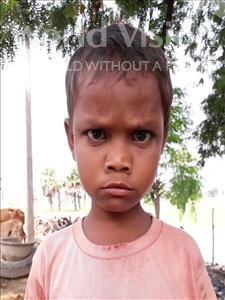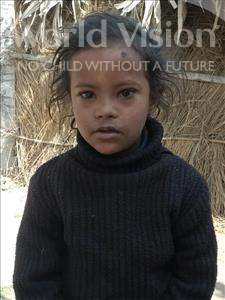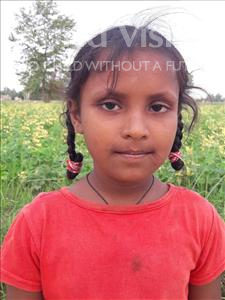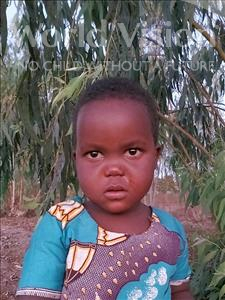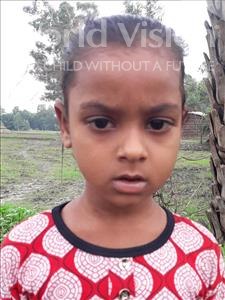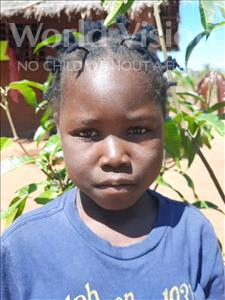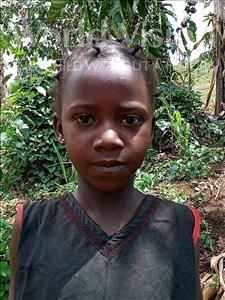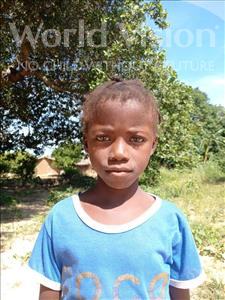David’s trip to Mozambique
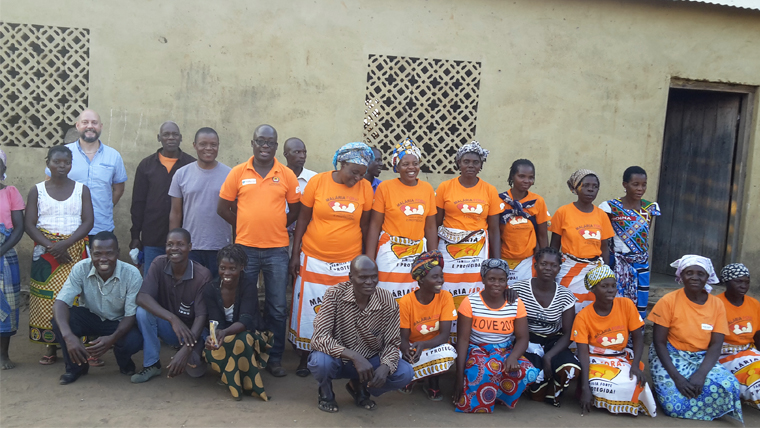
Day 1
"Why come to Mozambique?" was the question I was greeted with as I arrived at our National Office based in the capital, Maputo. Indeed, Mozambique is a country we don’t hear about in the news, and not an obvious one to visit or talk of. And yet, it is one of the poorest countries in the world, where 1 in 10 children will die before the age of 5 and where 1 in every 2 girls is married before the age of 18.
We have been working in two Area Development Projects (ADPs) in Mozambique - Chioco and Namacurra - as well as a couple of grants, one of which is with the World Bank and the other with the UK's Department for International Development (DfID). In order to get a good understanding of how things have been going, I planned on visiting our project in Chioco as well as seeing the area assisted by the UK government funded emergency response.
On the first day, I spent time at our National Office meeting the various teams we partner with and sharing with them our new strategy and our desire to continue to strengthen the collaboration between us. I also met the local DfID representative, hoping our organisations can partner more in the future. World Vision Mozambique does great work in the areas of water, sanitation and hygiene, which are also priorities for DfID.
Day two
The next morning we flew north to Tete and then drove a few hours to where the Chioco ADP was previously run. An ADP like Chioco is a community with whom World Vision work for around 15 years, to transform lives for years to come. It is jointly managed by a man named Jose, who is the Manager for the Chioco Area Development Programme, and his team. World Vision have been working with the community in Chioco since 2003, and this year are preparing to leave. With the office moving location as part of the transition, it was strange to see the office partly empty as they were packing up.
Jose and I spoke about his mixed feelings of moving on; sad, as he felt there would always be more that could be done, but also aware the communities need to find their own feet. Over the past few years, work has emphasised strengthening the community organisations, the income generating activities, and the ability to negotiate and fundraise for themselves from local businesses activity in the area.
There was time at the end of the day to visit one of the boreholes that had been rehabilitated under the DfID grant in a local community. We were greeted by the sight of women and children collecting water and refreshing themselves at the newly installed taps. What had been an old, hand pumped, borehole now boasts a solar power fed water tank that connects to a number of outlets and a drinking trough for the livestock. Just a quick taster of what is to come tomorrow…
Day 3
The last day of my trip was especially interesting, as I met with a number of different community organisations, in whose hands the project will lay once World Vision leaves the community. It was very impressive to hear from them about the lasting changes the project has made in their communities: they have less illness due to improved sanitation, greater variation in diet, and improved hygiene practices, such as hand washing etc. The communities produce more agricultural products as they now use better drought resistance techniques, have greater access to water and use improved water management systems. These were but a few of the ways life had improved in the communities I visited.
I was also encouraged to see how the great work within the ADPs was being complemented by grants World Vision had accessed. The DfID emergency response has enabled World Vision to improve boreholes and build small water systems that benefit many of the ADP communities. Similarly, a grant from the Global Fund has enabled a big anti-malaria drive to reach them, ensuring the children we support and their families receive a far greater level of support than the ADP alone could provide.
It was humbling to end the day being thanked by the community for the support World Vision has provided over the years. I now pass on a big thank you for to all of you who have faithfully supported our work here in Mozambique.
Find out more about our work in Mozambique
